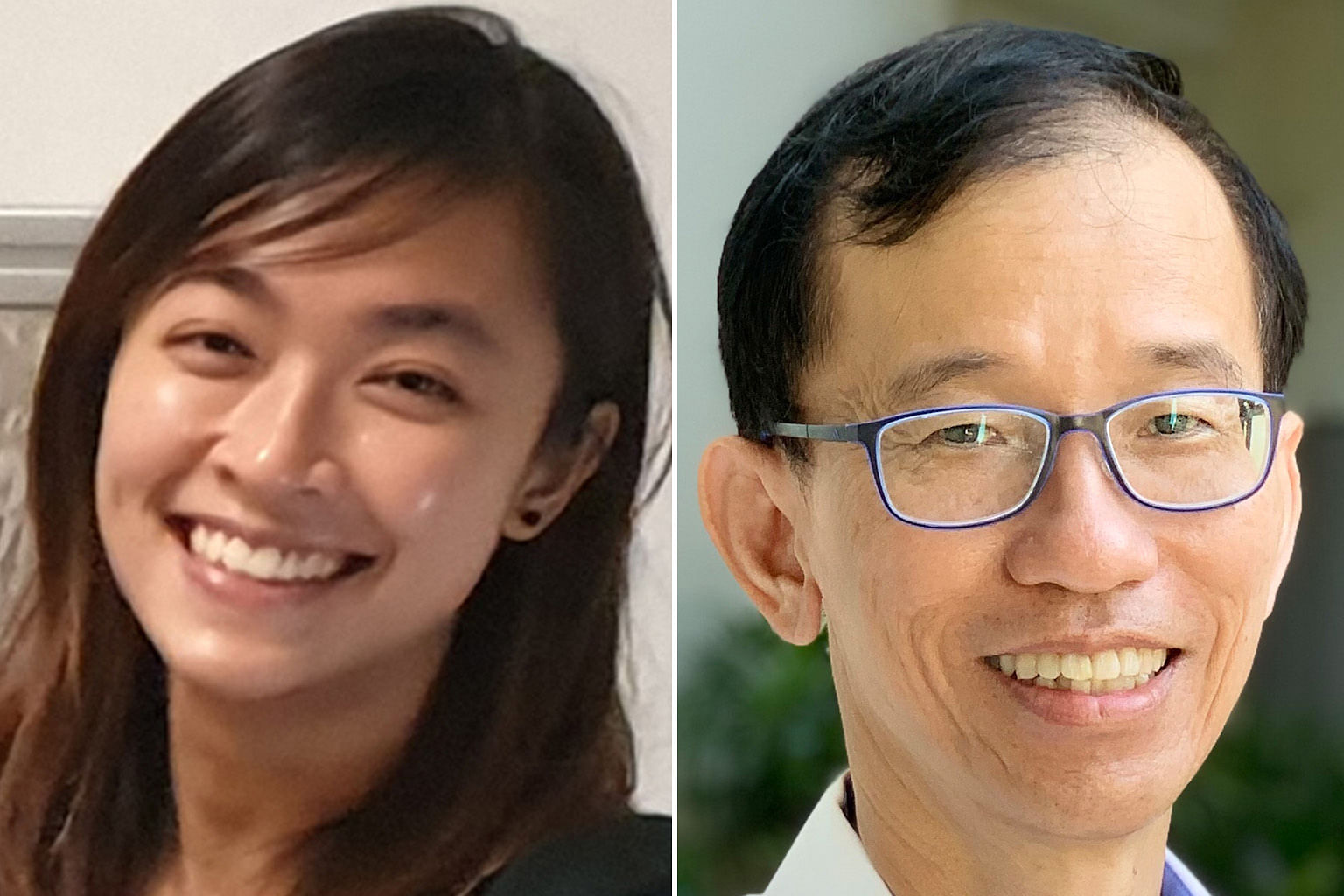To boost early warning against infectious disease outbreaks, Singapore Armed Forces (SAF) camps could in the future be equipped to do on-site testing of unwell servicemen, including for Covid-19.
This project by the DSO National Laboratories, Singapore's largest defence research and development organisation, is among the ways it looks to guard against the next infectious disease outbreak, even while the country is still fighting Covid-19.
DSO scientists told The Straits Times that while they were glad to contribute to public health efforts, the ultimate goal was to translate research into practical solutions that prevent SAF personnel from being infected, which would affect the SAF's operational readiness and Singapore's security.
DSO has supported government efforts during this pandemic by developing test kits, researching potential treatments and establishing standards for products that do disinfection using ultraviolet (UV) light.
More than 50 scientists across the chemical and biological defence programmes at its Defence Medical and Environmental Research Institute, which focuses on building up capabilities to protect against biological and chemical agents, have been working on these Covid-19 efforts.
The project to test for a list of pathogens at medical centres in SAF camps started a few years ago. It will utilise DSO's direct-polymerase chain reaction (PCR) technology, which is also behind a recently developed Covid-19 test kit.
To do the tests, a basic laboratory set-up is still required to analyse the samples from servicemen, but the process is simple enough that national servicemen can be trained to handle it.
"It is really to bring the surveillance to the source so that we can detect any potential outbreak before it escalates," said Associate Professor Tan Boon Huan, 50, programme director for the DSO National Laboratories' biological defence programme.
Announced last month, the Resolute 2.0 PCR test kit that was co-developed with the Agency for Science, Technology and Research does not require sample processing and can be completed in an hour, compared with a conventional PCR test, which takes 2½ hours or longer.
Another effort to pre-empt future outbreaks is research into biomarkers, which are molecules produced by the human body in response to an invading pathogen. Different types and amounts of biomarkers may be produced at different stages of infections.
While it is not clear currently if there are any biomarkers that can be detected in the early stages of infection, if they can be defined early, then a testing kit can be developed to detect and isolate infected personnel before the infection develops into a full-blown disease that may spread quickly, added Prof Tan.
To help Singapore maintain its testing capacity even if there were to be a global shortage of critical materials used in test kits, DSO has also made its own serology test kit.
This test uses an antigen reagent that is developed in-house together with the National University of Singapore.

Principal scientist for the project Chen Hsiao Ying, 56, who previously worked on a test kit to detect the biochemical agent ricin in humans, said: "You can think of us as providing a reserve capacity of serology tests, as we don't want to be in a situation where the country is short on these tests."
The DSO's Clinical Diagnostic and Service Lab has tested more than 30,000 Covid-19 samples since February - mostly from migrant workers staying in dormitories.
To give front-line workers additional peace of mind, the organisation also developed a UV light cabinet that can kill more than 99.99 per cent of bacteria and viruses it tested. It can disinfect surgical masks and other personal belongings in 15 minutes, and was deployed at the Changi Exhibition Centre facility in May.
Scientist Geraldine Chee, 27, said the team is currently working on a way to test the effectiveness of products - such as an autonomous robot - that use UV-C light to disinfect surfaces. They are using a dosimeter to measure radiation and indicate with different colours whether a surface has been disinfected.
"We are researching to provide a range of colour responses, based on the organism that is being targeted by the UV dosage, such as Sars, influenza or a fungus," she said.
DSO principal scientist Ayi Teck Choon, 56, who was behind the technology for Resolute test kits, said he was proud of the team for developing the kits in less than three months, contributing to the national Covid-19 effort.
"It is not all the time that the research we work on becomes a product. I feel Singapore is an amazing country because when there is a crisis, everyone comes together and contributes, and I just feel very proud of everyone."













